The Science of Disasters - impact, resilience and recovery in Far North Queensland
Event description
On behalf of the Partner Up Queensland Regional Science and Innovation Network (PUQ), an initiative of the Queensland Government delivered by the Department of Environment, Science and Innovation as a joint initiative of the Office of the Queensland Chief Scientist and Advance Queensland, we cordially invite you to: The Science of Disasters - impact, resilience and recovery in Far North Queensland.
The Far North Queensland region is affected by disasters in many ways, often isolating our communities and damaging the environment. Research in the region is critical to help us forge methods and actions for a resilient region.
Please join us for The Science of Disasters, connect to new knowledge and insights and learn more about the impactful research undertaken by our region’s researchers.
This networking and collaboration event will provide opportunities to build stronger partnerships and drive innovation between research, industry, and local government organisations. In particular, this event will interest industry professionals interested in research and development, business development, and research collaborations. It will also cater to individuals interested in participating in cutting-edge research, discovering new insights, and fostering collaborations between academia, industry, and local government.
Date: Friday 31st May 2024
Time: Event commences at 9 am - 12 noon, with extended networking in the Wine and Whiskey Bar until 1.30 pm (registration opens at 8.15 am)
Location: Crystalbrook Flynn, Cairns Esplanade
BE INFORMED WITH PRESENTATIONS FROM REGIONAL EXPERTS (stay tuned for further research and presentation updates)
Disaster Resilience - a Traditional Owner perspective, Brian Singleton, Cairns Airport.
Keynote: Weathering the Storm: The Role of Research in Mitigating Cyclone Impacts, Patrick Driscoll, Director and Business Development Manager, Cyclone Testing Stations (CTS), James Cook University (JCU).
Patrick's presentation will explore the critical role of research in enhancing cyclone resilience. Founded in 1977, the Cyclone Testing Station at James Cook University has been at the forefront of cyclone impact research, advancing our understanding of cyclone dynamics and improving building standards. Patrick will discuss the importance of ongoing research and collaborative efforts in reducing the devastating effects of cyclones on vulnerable communities.
In this role Patrick leads a team of talented engineers, technicians, and research staff who continue the rich legacy of the CTS, which has been engineering resilient communities since 1977. Patrick is an Engineer graduating from JCU, and is currently finalising his master's degree in Urban Planning and Design, with a particular interest in improving the resilience of and repurposing existing buildings.
Disasters and the Impact on our Economy, Sonya Johnson, Chief Executive Officer, Regional Development Australia Tropical North.
Disasters and Food Security and Supply Chain Disruption, Pip Schroor, Chief Executive Officer, Cape York Natural Resource Management.
As CEO of Cape York Natural Resource Management, Pip works in partnership with the TNQ Drought Hub on a number of projects. Prior to this, she worked for the Torres Cape Indigenous Council Alliance (TCICA) in the role of Regional Resilience Coordinator. Pip worked with 15 LGAs from across the Torres Strait, Cape York and Gulf region to understand their resilience to disaster events and help prepare them for long term regional resilience planning.
Before joining TCICA, Pip worked for Queensland Parks and Wildlife Service as a Senior Ranger, working with First Nations people delivering natural resource management projects and was responsible for managing complex relationships with stakeholder groups across Cape York Peninsula.
Pip has a Bachelor of Applied Science in Environmental Resource Management from Southern Cross University. Her diverse experience stems from working with First Nations peoples in land conservation management in Cape York Peninsula, the Northern Territory and in Kalimantan, Indonesia with The Nature Conservancy.
Impacts of the December 17th Barron River flood, with Historical Considerations, and Possible Resilience Measures That Might be Adopted for Future Floods, Professor Jonathan Nott, Adjunct Professor of Earth and Environmental Science, College of Science and Engineering, James Cook University.
Professor Nott undertakes research into extreme natural events such as river floods, tsunamis and tropical cyclones and specializes in post-event surveys both in Australia and overseas. Professor Nott also specialises in reconstructing long-term natural records of these extreme events. These records provide a more realistic guide to the long-term behaviour of these hazards and can be used as a basis for estimating their return intervals and for risk assessment.
In addition, Professor Nott has published many articles on these topics in international refereed journals and has provided the first detailed review of the techniques involved in reconstructing these long-term records in his book ‘Extreme Events’ published by Cambridge University Press in 2006.
Impacts of ex Cyclone Jasper on Trinity Inlet - Indigenous led study by the Gimuy Walubara Yidinji people with CSIRO. This presentation will discuss the chemical analysis insights and impacts on Trinity Inlet pre and post ex Cyclone Jasper, Krystal Jones, CSIRO, Environmental Genomics team.
Krystal is currently an early career researcher working with Environmental DNA at CSIRO, and has a Bachelor of Zoology from the University of New England, and is currently completing her Honours in Science at James Cook University.
Impacts of the 2024 mass coral bleaching event on the Great Barrier Reef, Dr Jessica Stella, Assistant Director Reef Health, Great Barrier Reef Marine Park Authority.
With a research background on the effects of climate change on coral-reliant animals, Dr Stella has a strong technical knowledge of climate change impacts and is a highly experienced science communicator, specialising in translating science for broad accessibility. Her work at the Reef Authority has focused on assessing impacts of mass coral bleaching events and communicating those impacts to stakeholders and the public. She has a contemporary knowledge of Reef science, current condition, and trend of the outstanding universal values of the Great Barrier Reef World Heritage Area. She provides expert advice that informs high-level decision making and policy.
PANEL Q & A
Join in the panel Q&A with our regional experts
CONNECT TO NEW KNOWLEDGE AND INSIGHTS
Gain insights during our Rapid Science and Innovation Exchange Session: gather new insights on current research and initiatives around disasters, and continue the conversation during our extended networking session.
Professor David King, Adjunct Professor, Earth and Environmental Science, Centre for Disaster Studies, James Cook University:
Cyclone and Flood Post Disaster Surveys: Cyclone Jasper December 2023 and Cyclone Kirrily January 2024. Important findings from surveys conducted by Professor King, and Yetta Gurtner, Queensland State Emergency Services Regional Community Engagement and Recruitment Officer.
Jacinta Perry, Partnerships Officer – Country, Thriving Queensland Kids Country Collaborative, ARAC:
How to talk to young people about disasters.
Jacinta is a systems change practitioner who leads the Thriving QLD Kids Country Collaborative, an initiative which brings together leaders from across rural, regional and remote Queensland communities to help create conditions for kids to thrive. Jacinta has harnessed her expertise in partnerships, collaboration, and service design in a range community based not for profits in Queensland over the past decade. She thinks that the wisdom of kids is an untapped resource and that we must do more to provide a great start for every child.
Dr Alice Twomey, Postdoctoral Research Fellow, School of Environment, The University of Queensland:
As sea levels rise, agricultural land faces mounting threats from salinization. However, hydrological restoration offers a promising solution. Dr Twomey will discuss an approach that not only enables landholders to secure blue carbon credits but also enhances land resilience against coastal hazards.
Dr Twomey is a multidisciplinary Postdoctoral Research Fellow at The University of Queensland who models flows through wetland areas to identify opportunities to improve hydrological connectivity of sites including mangroves, saltmarsh and seagrass by restoring tidal flows. Her research interests include identifying and predicting hydrological restoration opportunities for coastal ecosystems and utilising coastal and marine ecosystems as nature-based solutions for coastal protection.
Dr Catherine Kim, Lecturer, School of Earth and Atmospheric Sciences, Faculty of Science, Queensland University of Technology:
Brisbane City has long been known as a “river with a city problem” to quote Dr Margaret Cook’s book. Following the 2022 floods our team wanted capture the varied impacts of flooding beyond flooded or not. Dr Kim and her team have developed a proof-of-concept, spatially explicit flood vulnerability index for the City using and open data science approach. Last year, the project was a finalist in the Natural Hazards Research Australia Disaster Challenge.
Dr Kim is a Lecturer in the School of Earth and Atmospheric Sciences at Queensland University of Technology in Brisbane. She has a background in marine science and coral reefs and has recently been leading a project developing a flood vulnerability index for Brisbane City following the 2022 floods.
Dr Adolfo Lugo Rios, Research Fellow in Marine Science/Geospatial Science at Queensland University of Technology:
Dr Lugo Rios has a background in atmospheric science with specialization in tropical cyclones, how they are formed, intensify and what are their impacts. Currently, he is studying the impacts of cyclones in Australia and is looking to collaborate in projects aimed to increase the resilience of our societies against extreme weather events, such as heavy rainfall, heatwaves and cyclones in a changing climate.
Bronwyn Opie, Community Campaigner, Cairns and Far North Environment Centre, and important regional initiatives:
Heat & Hazards: Keep Queenslanders Safe – a state-wide campaign by the 10 Regional Conservation Councils (RCCs), including CAFNEC for a stronger action to build resilience to heat and hazards in our communities.
Table Talks Project: Frontline & Affected Communities Together – Providing a safe space for people to share their experiences of FNQ’s climate extremes – from heatwaves to floods, and the way these events impact our lives.
Bronwyn is the Community Campaigner at the Cairns and Far North Environment Centre (CAFNEC), advocating for climate justice and sustainable water security solutions. She recently completed a Master of Environment, double-majoring in Environmental Economics & Policy and Sustainable Business at Griffith University.
Dr Katie Chartrand, Senior Research Fellow, TropWATER, James Cook University (JCU):
Co-leading the Cairns and Port Douglas Reef Hub: A local network to connect, grow and
champion the efforts of diverse organisations in the region to support the resilience of the Great Barrier Reef.
Dr Chartrand leads various applied research programs in tropical coral and seagrass ecosystems at JCU, specialising in coral, marine plants, photobiology, and spatial analysis, shaping large-scale management of dredging programs, and monitoring at risk habitats such as inshore reefs. Human relationships are a focal point of Katie's impactful research, and supporting conservation outcomes for marine environments and communities reliant on their health. Katie has also developed meaningful connections with Traditional Custodians and local community stakeholders to support actions for reef resilience.
EXTENDED NETWORKING IN THE WINE AND WHISKEY BAR
Continue the conversations and meet regional and interstate researchers during the extended networking session.
CATERING
Delicious complimentary morning tea, and tea and coffee will be available.
WHO SHOULD ATTEND
Our vision is that researchers, local industry, local councils, local government, and local organisations will attend the event.
For event enquiries please email Mel Varoy at fnq@partnerupqld.com
The Science of Disasters coincides with the Cairns Ecofiesta, Sunday, June 2nd. The Ecofiesta will feature a Reef Resilience Showcase, and include Dr Karl, Dr Roger Beeden, Chief Scientist of the Great Barrier Reef Marine Park Authority and Dr David Wachenfeld, Australian Institute of Marine Science, and discussions around climate change, as well as First Nations leaders talking about caring for land and sea Country.
Partner Up Queensland acknowledges the Gimuy-walubarra yidi traditional custodians of the Gimuy lands in Cairns and surrounding district, upon whose land this event will take place.

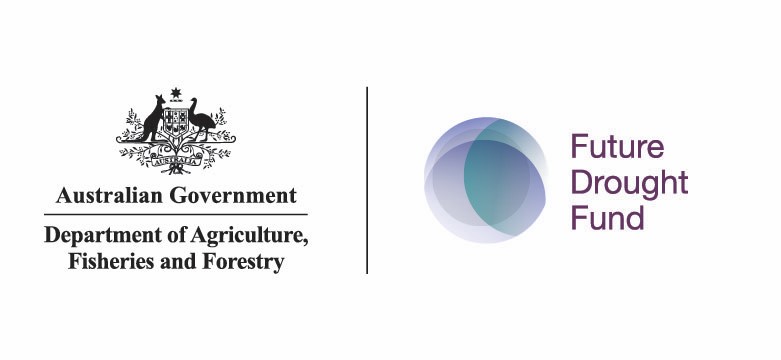
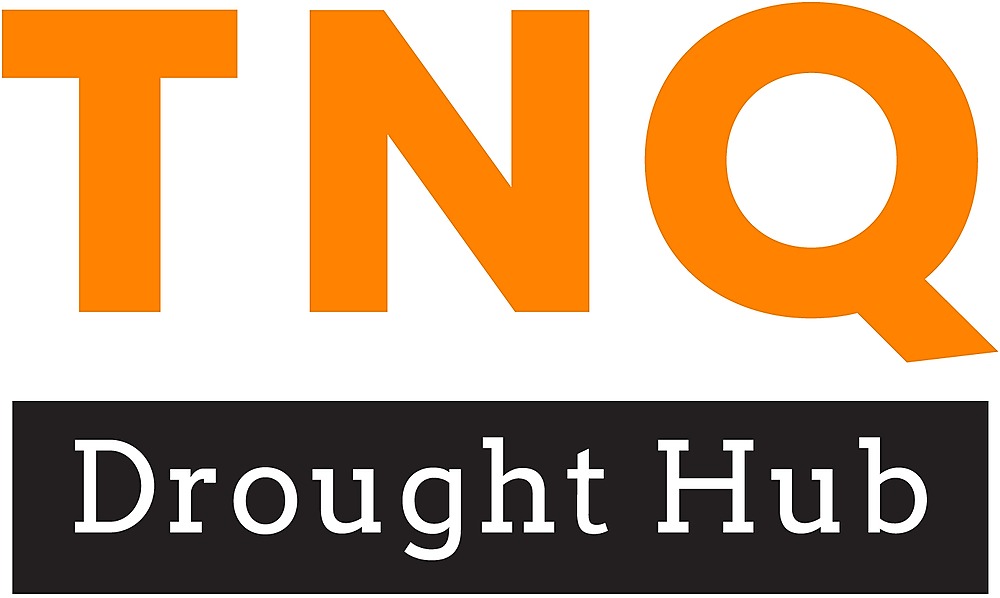
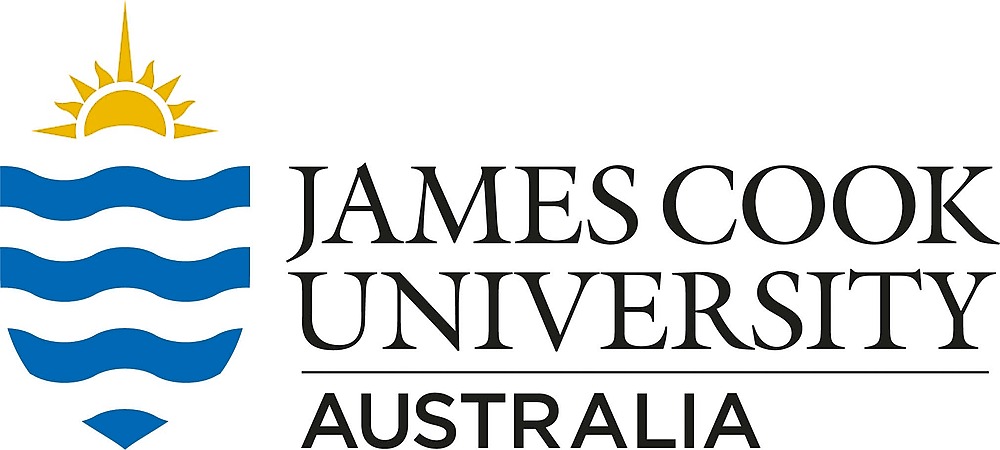
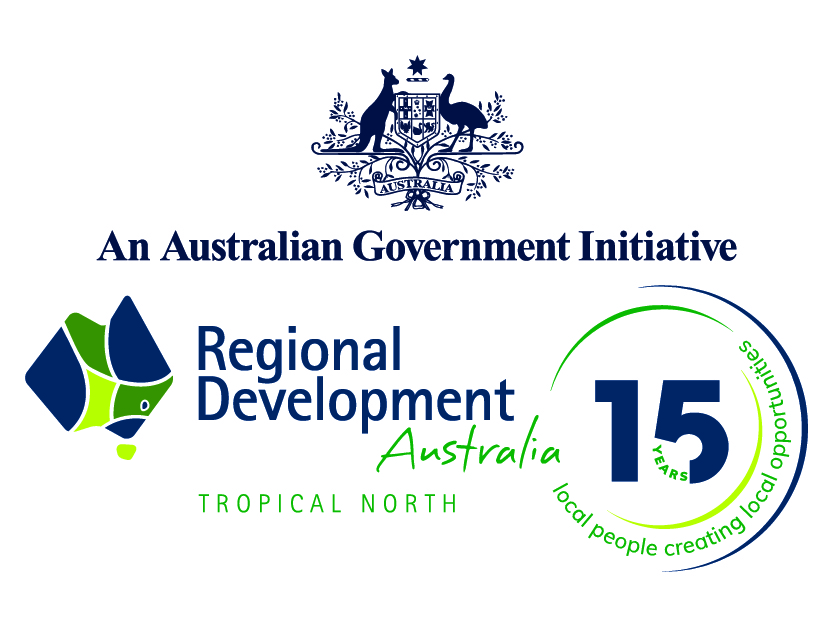
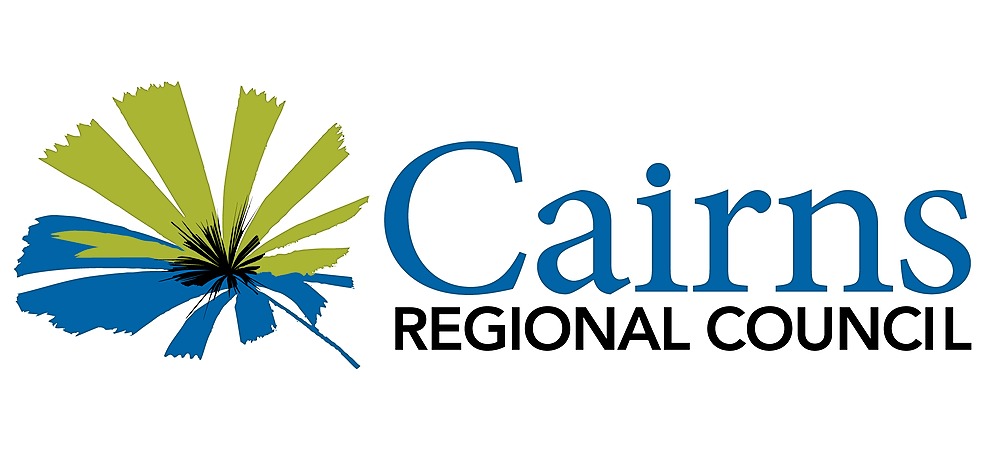
This event is in collaboration with the Cairns and FNQ STEM Hub, through Inspiring Australia Queensland.
Tickets for good, not greed Humanitix dedicates 100% of profits from booking fees to charity

